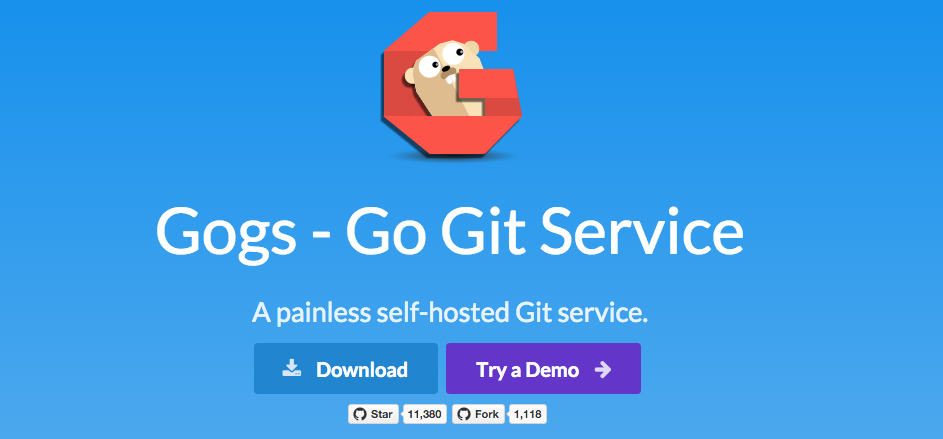WeChat ID
aaronpk_tv
#git
-
Easily rename your Git default branch from master to main - Scott Hanselman
Nice and straightforward. Locally:
git branch -m master main git push -u origin mainThen on the server:
git branch -m master main git branch -u origin/mainOn github.com, go into the repo’s settings and update the default branch.
Thanks for this, Scott!
P.S. Don’t read the comments.
-
Signed git commits with Tower
My favorite Git client is Tower. I wanted to find a way to sign my git commits despite that not being a supported feature of Tower. Turns out it only took a couple configuration options to make it work.continue reading... -
Going all in on self-hosting my code
 I just had a very pleasant experience installing and setting up Gogs.io on my server, so that I can self-host my private repositories.continue reading...
I just had a very pleasant experience installing and setting up Gogs.io on my server, so that I can self-host my private repositories.continue reading... -
xkcd: Git (xkcd.com)
If you get errors, save your work elsewhere, delete the project, and download a fresh copy
